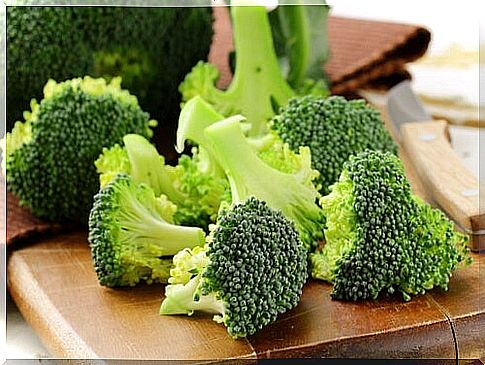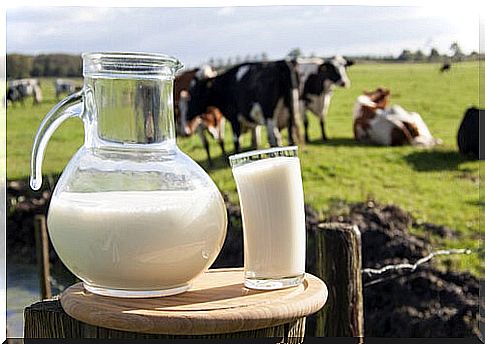Harvard Study Questions Benefits Of Low-fat Milk

Cow’s milk was for years one of the most questioned foods in terms of its benefits and nutrition. However, even though most people consider it an essential part of their diet, recent studies show that consuming cow’s milk can actually be harmful to health.
To lose weight or keep fit, many people choose to consume low-fat milk or dairy products, in order to enjoy its delicious flavor and its “benefits” without ingesting too much fat.
However, David Ludwig, a scientist at Harvard University, conducted a study that questions the supposed benefits of milk, especially low-fat milk.
The study, which was published in the journal of the American Medical Association of Pediatrics, revealed that when fat is extracted from milk, it is replaced by sugars, which can potentially be more harmful in the long run.
Although the population has always been warned about the dangers of consuming sugary drinks, low-fat milk had never been included in this list.
In his study, Dr. Luwig questions the justification given for promoting and publicizing low-fat milk, as he considers that all liquids that contain calories and sugars should be treated with the same precaution.
Is it necessary to consume cow’s milk?
The scientist agrees with other studies in considering that human beings do not have nutritional requirements for cow’s milk, and that it can even be very harmful to the organism.
Cow’s milk was popularized for its calcium content, which for many experts is essential for bone health. However, there are other foods that are richer in calcium than cow’s milk, and do not have the long-term negative health effects that milk can have.

A clear example of this is broccoli, kale, arugula, spinach, among others, which have more than 160 mg per serving. There are also other sources such as sardines, nuts, seeds and vegetables, which can provide us with significant amounts per serving.
Therefore, no person necessarily needs to consume large amounts of milk to keep their bones healthy. Instead, you should choose to increase your intake of other, healthier foods.
Low-fat milk
When referring to low-fat milk, the argument for not consuming it becomes even clearer.
As the Harvard scientist explains, there are few randomized clinical studies in which we can notice the clear differences in skim milk compared to whole milk. That’s in light of its weight-keeping benefits and other health benefits.
On the contrary, several studies have identified that people who consume low-fat milk feel less satiated and are more likely to gain weight. This is because they have a greater need to increase caloric intake.
Where does the milk come from?
Currently, many nutritionists continue to recommend their patients to consume low-fat milk to lose weight.
However, studies are increasingly clear stating that this product is not as good as the market has been claiming for some decades. Experts suggest that it is best to consume whole milk whenever it is organic.
Dairy products can even improve heart health, diabetes, vitamin absorption, reduce the risk of colon cancer, among others. However, before considering that milk is good for health, everyone should first ask the same question: where does milk come from?

We can say that it is currently very difficult to find a type of milk that is truly healthy for our body.
The amount of hormones that are applied to cows so they can increase their daily milk production significantly alters the product, which has been converted into something really dangerous for our bodies.
Many of us continue to ignore the damage that milk can do to the body. However, it is important to be aware that things are not as they were before.
Technology has greatly affected food. Therefore, today we must doubt these “wonderful and delicious” products that we find daily in the markets.









